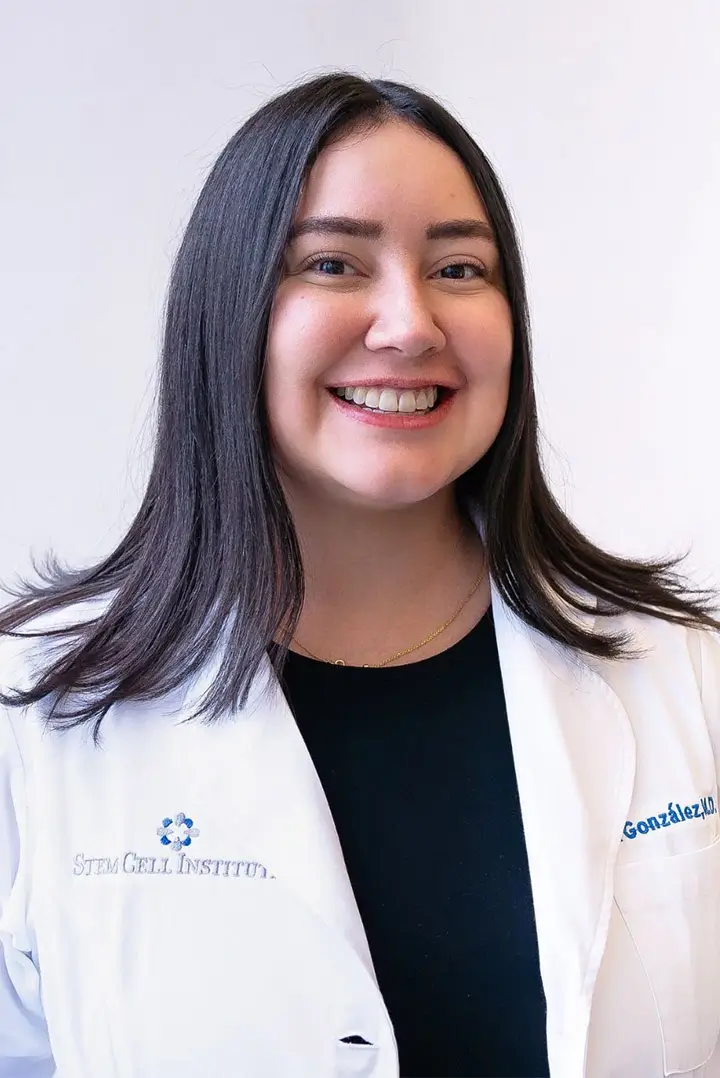(Shiri Habib-Valdhorn, Globes [online], Israel business news) Broadly speaking there are two types of adult stem cell therapies: Those that involve the use of the patient’s own stem cells, called autologous, and those that involve use of another patient’s cells, called allogeneic. There are pros and cons to both approaches.
In the autologous approach the main advantage is that because the cells come from the same patient, there is no issue of immunological rejection or fear of contamination from another person’s infectious agents. The drawbacks with autologous approaches include: a) the fact that stem cell extraction, manipulation, and re-administration requires expensive and laborious procedures, as well as the need for equipment that is not commonly available at most hospitals; b) patients with a variety of disease conditions often have defective stem cells that work suboptimally as compared to stem cells from healthy patients; and c) many times the procedure for extracting the patient’s own stem cells involves painful procedures such as bone marrow aspiration, or potentially dangerous procedures such as stem cell mobilization. This allows the procedure to be performed only for a limited number of times.
The allogeneic stem cell therapy approach has the advantage of using cells that have been generated in large quantities for a specific function and biological activity. This means that the cells used are of a certain quality standard. Additionally, the allogeneic approach does not require complex cell manipulation procedures since the cells are shipped frozen to the point of care. Allogeneic cells can be administered on multiple occasions to the patient if needed. The downside of allogeneic cell therapy is the potential for immunological rejection, as well as patient sensitization. The sensitization of the patient to allogeneic cells may not allow for future use of the stem cells, as well as preclude the patient from bone marrow transplantation.
Pluristem Therapeutics Ltd. (Nasdaq:PSTI; DAX: PJT) is an Israeli company that trades on NASDAQ which is focused on generating allogeneic, “off the shelf” cellular products from placental cells using a proprietary bioreactor device. Originally Pluristem was working on using these stem cells to accelerate bone marrow engraftment after transplantation.
The process of bone marrow transplantation involves administration of chemotherapy and/or radiation to patients with blood malignancies in order to destroy the abnormal cells of the recipient, followed by injection of healthy donor blood making cells (hematopoietic stem cells) in order to provide to the recipient a new immune system. While this procedure has saved thousands of lives, one of the major drawbacks is that the donor cells sometimes take weeks, if not months, to start producing new blood cells. The use of donor cord blood has also been tried in this context experimentally, however, cord blood takes even longer than bone marrow to “engraft” in the recipient. Pluristem believed that its cells produce various growth factors that accelerate the process of engraftment.
In 2009 Pluristem began using its cells for the treatment of critical limb ischemia. This disease is a manifestation of advanced peripheral artery disease characterized by non-ceasing pain, ulcers, and a high rate of amputation. Given that the Pluristem cells produce high amounts of various growth factors, the concept is that administration of these cells into the muscles of patients with critical limb ischemia will result in production of new blood vessels, which will provide increased circulation to the legs of these patients. Other companies such as Medistem Inc are also using allogeneic cells, albeit from different sources (menstrual blood endometrial regenerative cells), for the treatment of this condition.
Recently Pluristem was chosen as one of 19 companies from 12 countries that will participate in a placenta stem cell study financed by EU Seventh Framework Progamme for Research and Development.
The study will be conducted concurrently at 12 European medical centers to examine the effect of placenta stem cell treatments on several kinds of heart cells that are damaged by high blood glucose levels caused by diabetes. The study will examine whether placenta stem cell-based anti-inflammatory agents can prevent or delay the onset of diastolic heart failure (DHF) among diabetics.
This is a new indication for Pluristem’s PLX (PLacental eXpanded) cell therapy product. The company will be allotted $150,000 from the Seventh Framework Progamme for R&D to cover the cost of the research and to develop the stem cells for the program.
Pluristem chairman and CEO Zami Aberman said, “There has been a growing interest in the potential of PLX cells to treat a variety of clinical indications following the release of the PLX-PAD clinical study interim results, which demonstrated safety and shows a trend of efficacy. The decision to use our PLX cells in this DHF study is further verification of the uniqueness of Pluristem’s PLX cells as an off-the-shelf product that requires no tissue matching prior to administration. There is a significant unmet medical need for the treatment of DHF, not only in Europe but also globally, and Pluristem’s placenta-derived cell therapy may provide patients and physicians with an effective and safe treatment option for this disease.”
The use of mesenchymal stem cells for treatment of cardiac diseases has previously been reported by Medistem Inc and Osiris Therapeutics.

